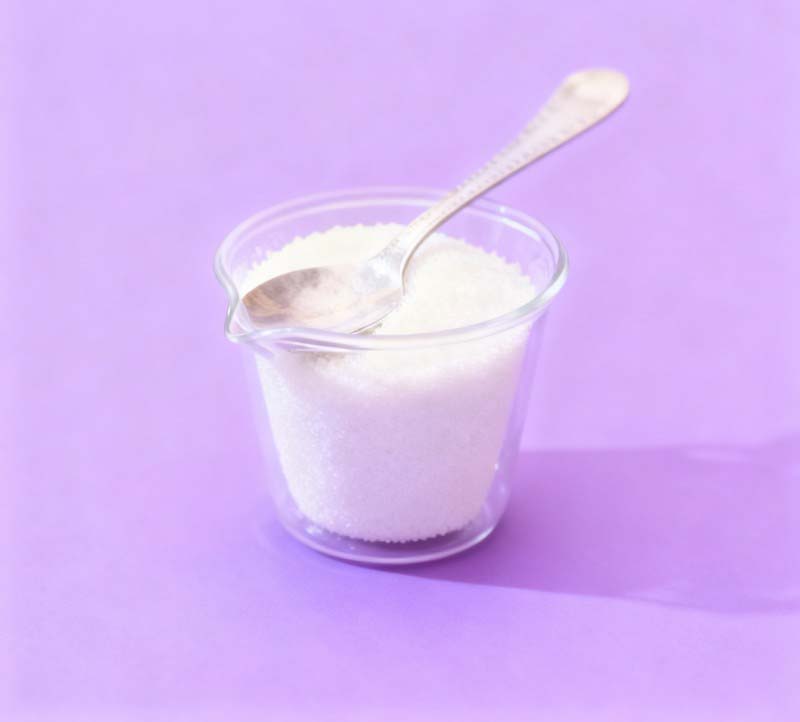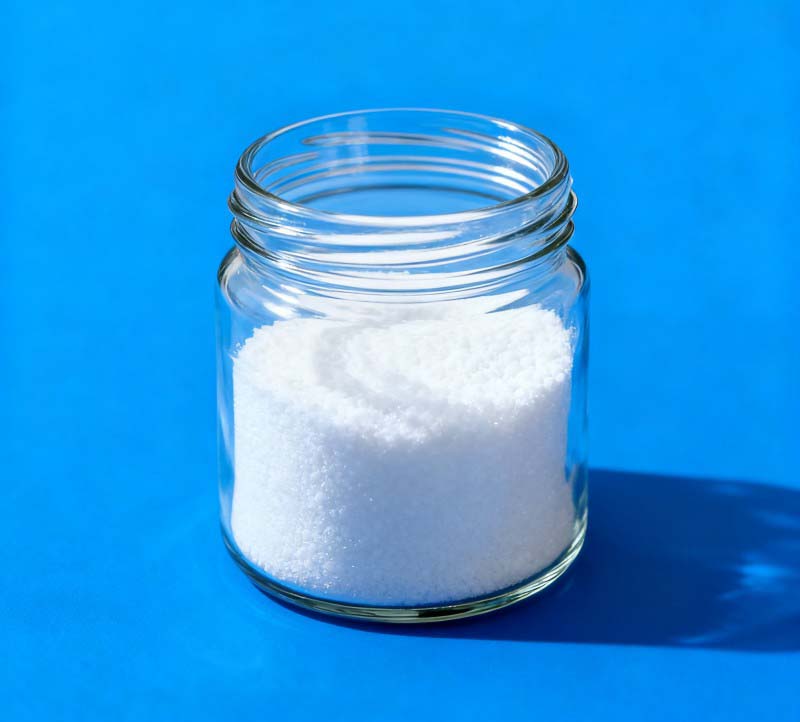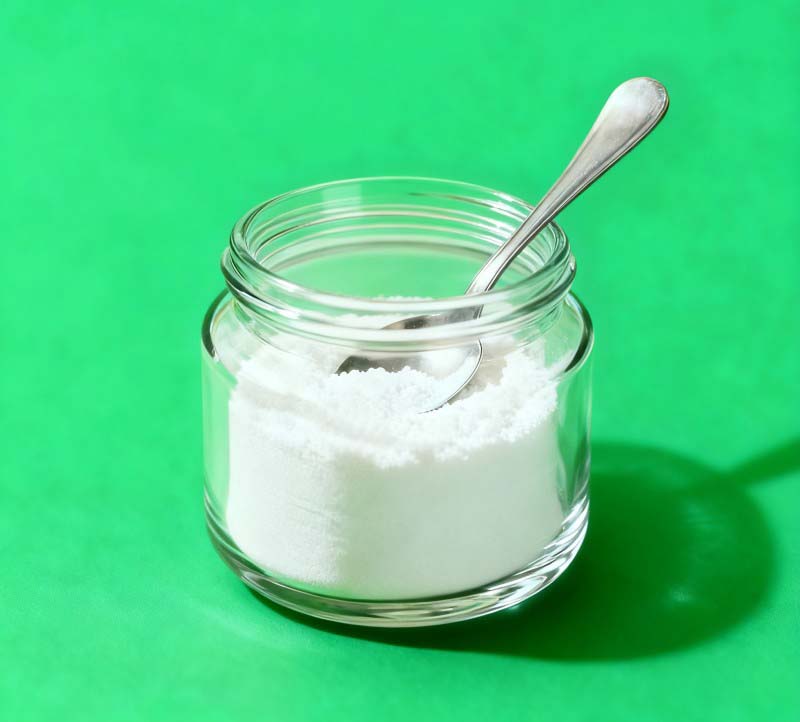Biotin: The Essential Vitamin for Health and Wellness
When you search for the “English term for biotin,” you’re likely seeking more than just a simple translation. Your needs generally fall into three key areas: acquiring basic knowledge, addressing practical application concerns, and delving into deeper health information. This article will comprehensively address these aspects, providing you with a thorough understanding of biotin.
1. The English Name: Biotin
The direct English name for “生物素” is Biotin. It is also commonly referred to as Vitamin B7 or Vitamin H. “H” comes from the German words “Haar” and “Haut,” meaning hair and skin, highlighting its early recognized importance in these areas.

2. Primary Functions of Biotin
As a water-soluble B-vitamin, biotin acts as a crucial coenzyme in the human body, involved in numerous metabolic processes:

3. Natural Food Sources
To supplement biotin through diet, you can focus on the following foods:

This is often the core concern for many searchers, revolving around the effectiveness and safety of biotin supplements.
1. Should You Take Biotin Supplements?
Biotin deficiency is relatively rare because the body’s daily requirement is not high, and it is present in a wide variety of foods. However, the following groups may consider supplementation under medical guidance:
2. Dosage and Safety

1. How Long Does It Take for Biotin to Work on Hair?
Biotin affects hair that is still in the growth phase within the hair follicles, not the hair that has already grown out. Therefore, it takes time—typically 3 to 6 months of continuous supplementation—to observe noticeable changes. Patience is key.
2. Can Biotin Cause Acne or Weight Gain?
3. What Are the Symptoms of Biotin Deficiency?